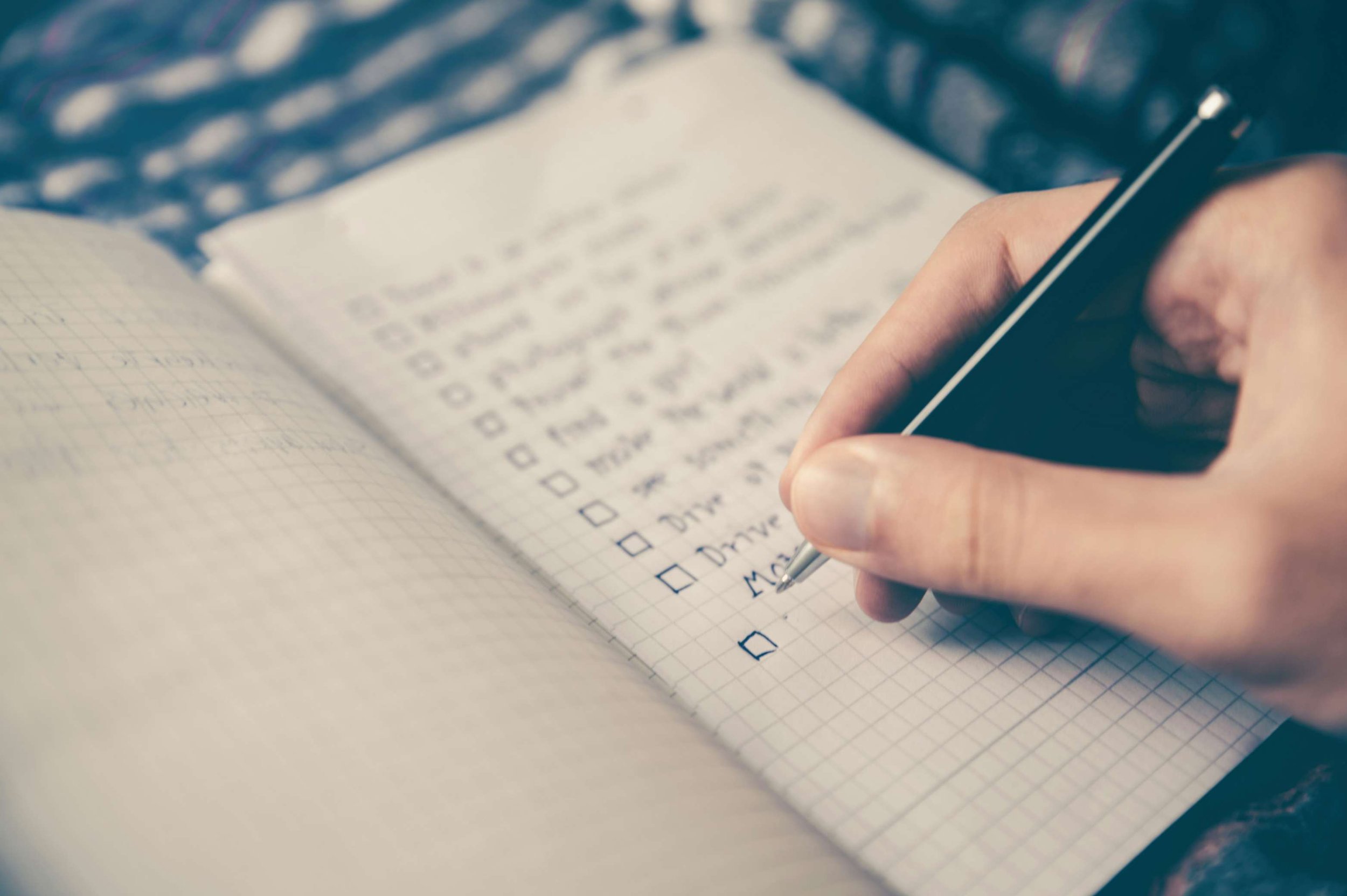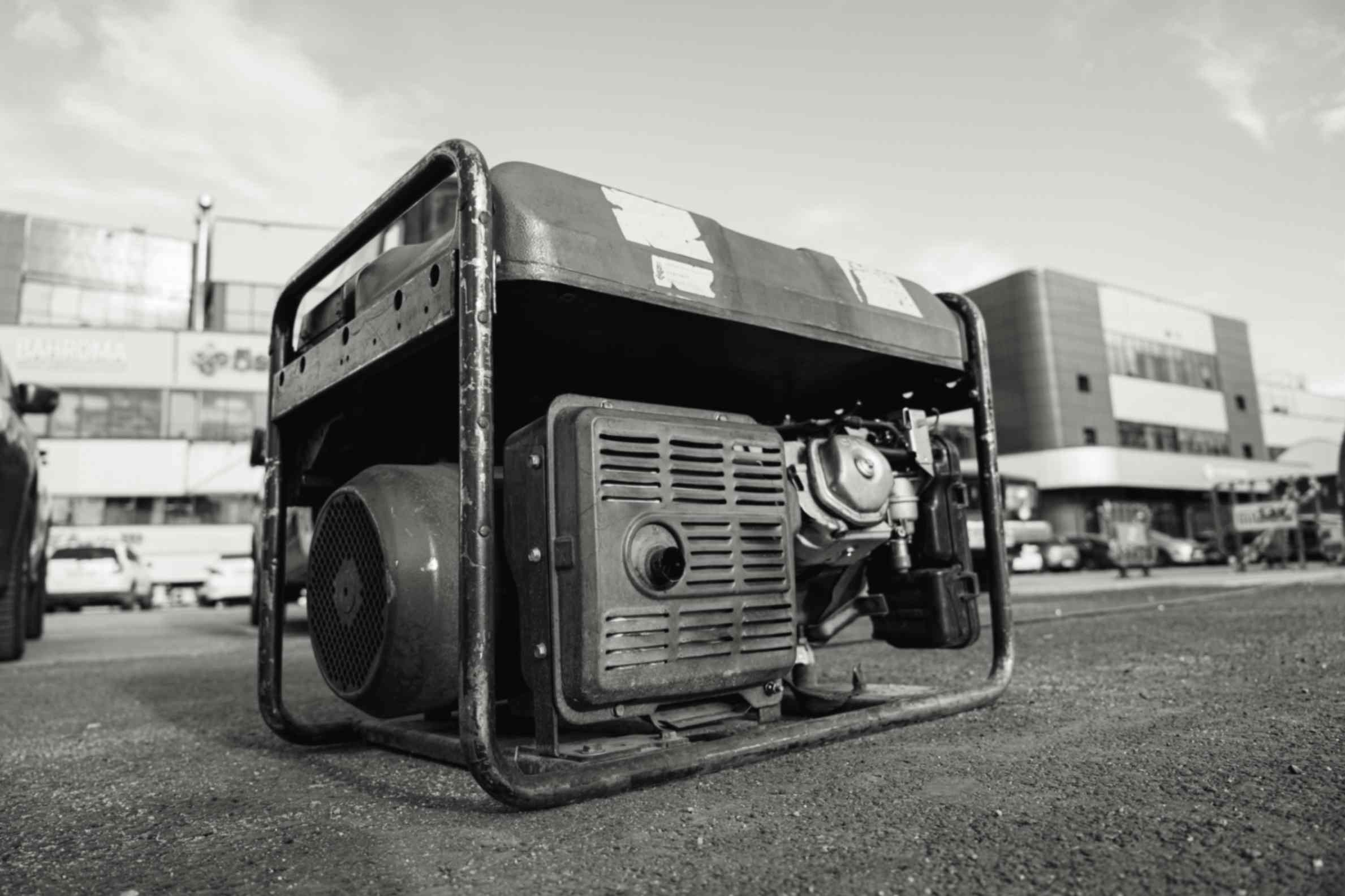Emergency Preparedness - Tips for You and Your Family
At Oakhaven Properties, we take emergency preparedness very seriously. Emergencies can strike at any time, and being prepared can make all the difference. Whether it’s a natural disaster, power outage, or unexpected event, having a solid emergency plan in place is essential for every homeowner. Here’s a guide to help you prepare your home and family for the unexpected.
Create an Emergency Plan
A well-thought-out emergency plan ensures that your family knows what to do in a crisis.
✅ Identify Escape Routes – Map out at least two exits from each room in case of fire or other emergencies.
✅ Establish a Meeting Point – Choose a safe location where family members can gather if separated.
✅ Emergency Contacts – Have a list of important phone numbers, including local emergency services, neighbors, and relatives.
✅ Practice Drills – Regularly run through emergency scenarios so that everyone knows what to do.
✅ Community Gathering Facility - Establish your nearest recreation center or stadium in Langley, BC as they are often used for emergency relief and meeting centers.
Assemble an Emergency Kit
Every home should have a well-stocked emergency kit that’s easily accessible.
✅ Water Supply – Store at least one gallon of water per person per day for at least three days.
✅ Non-Perishable Food – Keep a supply of canned goods, protein bars, and dried foods.
✅ First Aid Kit – Include bandages, antiseptic, pain relievers, and any necessary prescription medications.
✅ Flashlights & Batteries – Ensure you have extra batteries and multiple light sources.
✅ Portable Phone Charger – A charged power bank can help you stay connected if the power goes out.
✅ Blankets & Clothing – Keep warm clothing and extra blankets in case of extreme weather conditions.
✅ Important Documents – Store copies of IDs, insurance papers, and emergency contacts in a waterproof container.
Prepare Your Home
Taking preventive steps can minimize damage and improve your home’s safety during an emergency.
✅ Install Smoke & Carbon Monoxide Detectors – Test them regularly to ensure they are functioning properly.
✅ Secure Heavy Furniture – Anchor bookshelves, TVs, and other heavy items to prevent tipping during earthquakes.
✅ Trim Trees & Maintain Gutters – Prevent damage from falling branches and flooding by keeping your yard maintained.
✅ Know How to Shut Off Utilities – Learn how to turn off your home’s gas, water, and electricity in case of an emergency.
✅ Backup Power Source – Consider investing in a generator for power outages.
Stay Informed
Knowledge is key in an emergency situation.
✅ Sign Up for Alerts – Register for local emergency notifications and weather alerts.
✅ Monitor News Sources – Stay updated on developing situations through reliable news outlets.
✅ Have a Communication Plan – Decide how you will stay in touch with family and friends if cell service is down.
✅ Invest in a hand-crank Radio - Find a radio that doesn’t require batteries that can be used to recieve alerts.
Final Thoughts
Emergency preparedness is a crucial responsibility for every homeowner. By having a plan, assembling supplies, and securing your home, you can protect your family and minimize risks. Don’t wait for an emergency to happen—start preparing today!




